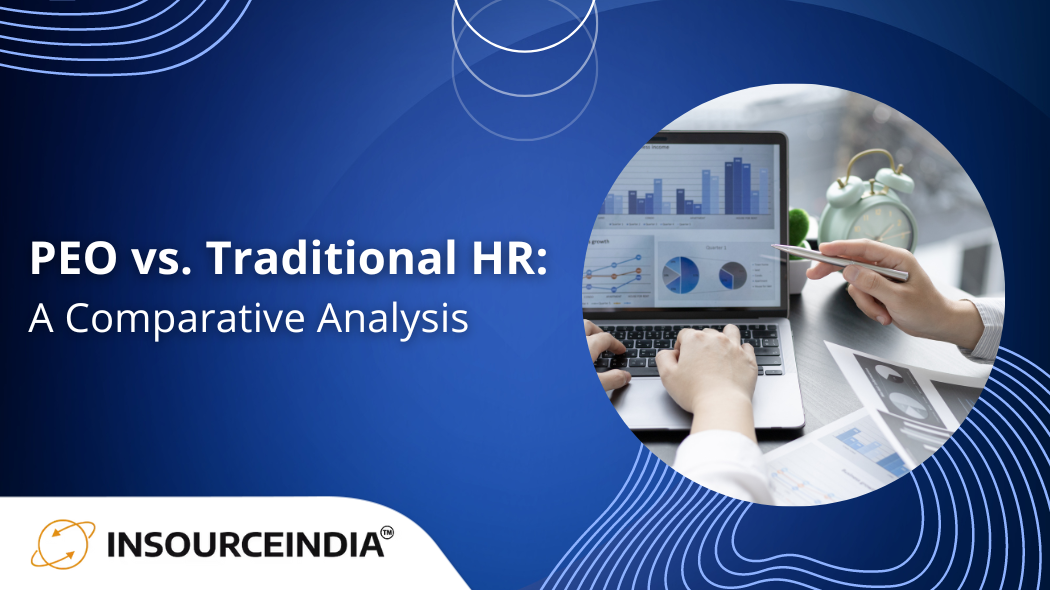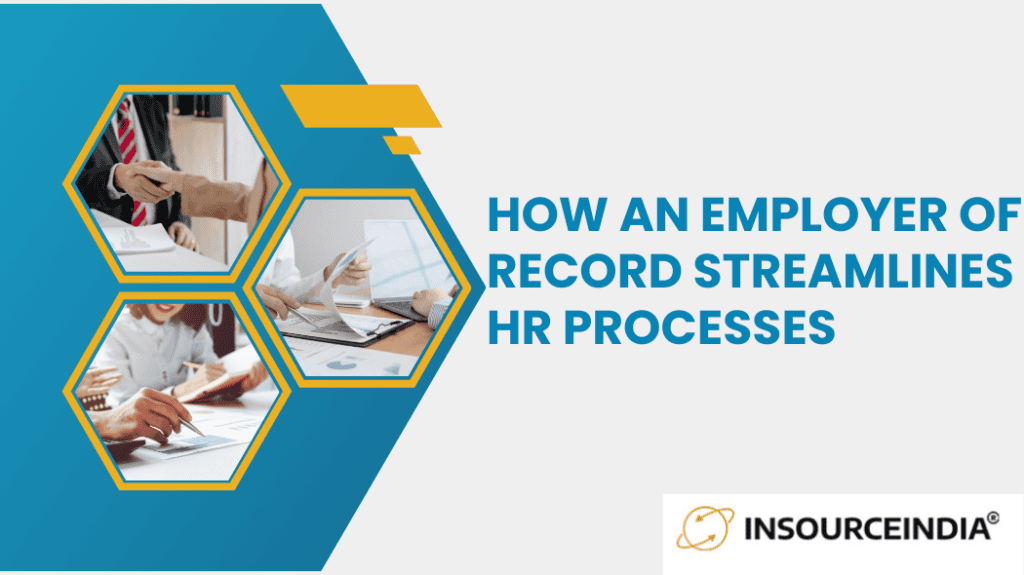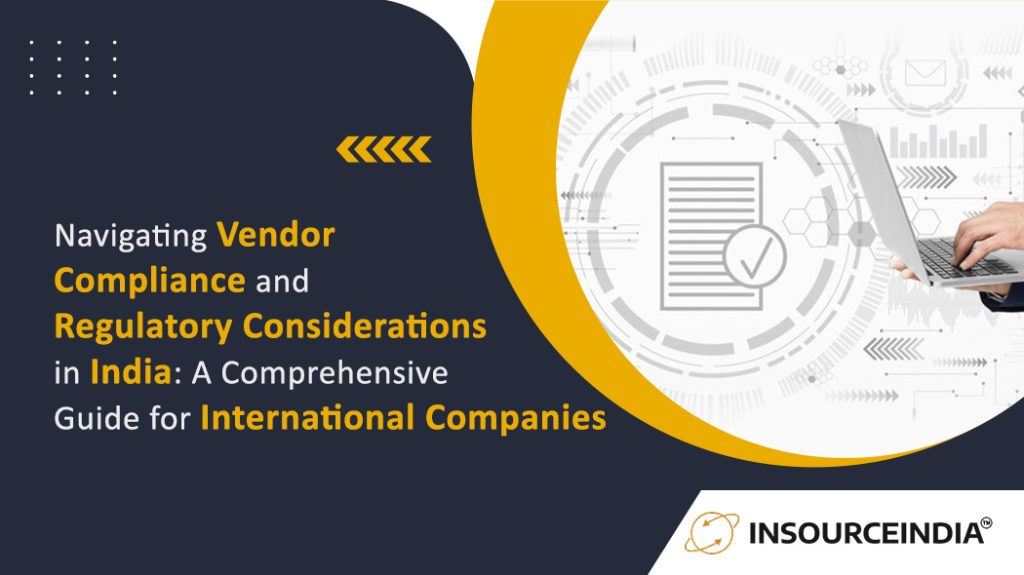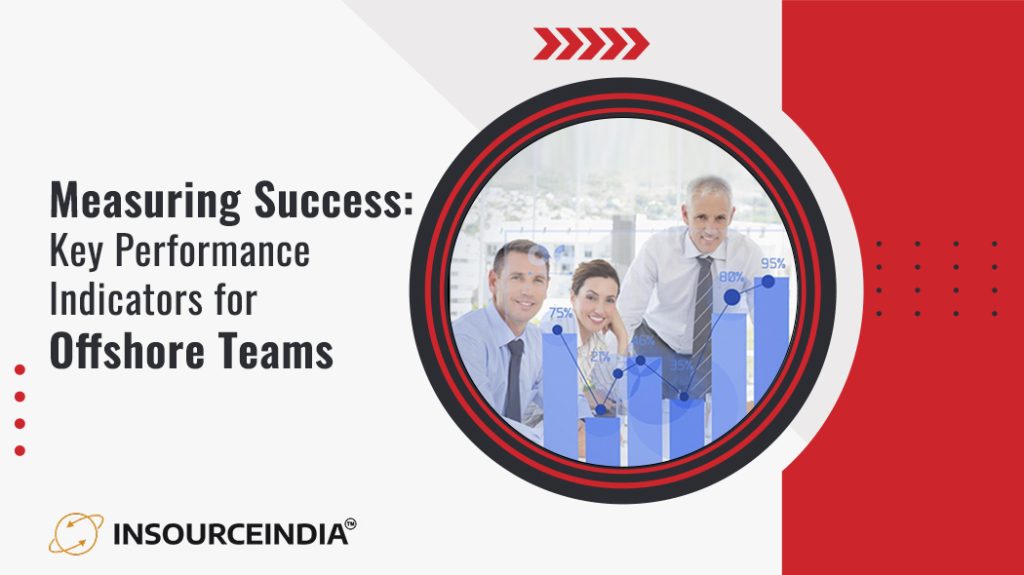In today’s fast-paced business landscape, companies face numerous challenges in managing their workforce effectively. Human resources (HR) functions are at the core of any successful organization, as they are responsible for attracting, retaining, and developing the right talent. Over the years, traditional HR departments have been the go-to option for companies seeking HR solutions.
However, with the rise of Professional Employer Organizations (PEOs), there is now a viable alternative that offers unique advantages. In this blog, we will conduct a comprehensive comparative analysis of PEOs and traditional HR to help businesses make informed decisions that align with their needs and goals.
Understanding PEOs and Traditional HR:
Traditional HR:
Traditional HR refers to in-house HR departments that operate within a company, handling all aspects of workforce management. They are responsible for hiring, onboarding, benefits administration, employee relations, payroll processing, compliance, and more. The traditional HR model allows for direct control and customization, but it may lack the resources and expertise that larger companies need to tackle complex HR challenges.
Professional Employer Organizations (PEOs):
PEOs are external entities that partner with companies to provide comprehensive HR solutions. They act as co-employers, sharing employer responsibilities with the client company. PEOs handle HR functions such as payroll, benefits administration, risk management, regulatory compliance, and employee relations. By pooling resources across multiple clients, PEOs can offer economies of scale and access to specialized expertise that smaller companies may not have in-house.
Comparative Analysis:
- Cost-Effectiveness: PEOs often offer a cost-effective solution for small and medium-sized businesses, as they can leverage economies of scale to negotiate better rates for employee benefits, insurance, and other services. For larger companies, the cost advantage of a PEO may not be as significant, as they may already have the resources to manage HR functions in-house.
- Expertise and Compliance: PEOs typically have dedicated HR professionals with expertise in various HR disciplines. They stay up to date with changing employment laws and regulations, reducing the compliance burden on client companies. In contrast, traditional HR departments may struggle to keep up with the complexities of ever-changing HR laws, putting the company at risk of legal non-compliance.
- Employee Benefits: PEOs often provide access to a broader range of benefits, including health insurance, retirement plans, and wellness programs, which can be especially attractive for smaller businesses. Traditional HR departments might find it challenging to offer such comprehensive benefits due to the limited bargaining power with benefit providers.
- Customization and Control: Traditional HR departments offer greater customization and direct control over HR policies and practices. This allows larger companies with specific HR needs to tailor solutions that align precisely with their organizational culture and strategy. In contrast, PEOs may offer standardized solutions that may not perfectly match the company’s requirements.
- Scalability and Flexibility: PEOs are particularly beneficial for small and growing businesses as they provide scalable HR solutions. When a company expands, the PEO can easily accommodate new employees and adapt to changing needs. Traditional HR may face challenges in scaling up rapidly and may require significant resources to handle sudden growth.
Below is a comparison table highlighting the key differences between Professional Employer Organizations (PEOs) and Traditional HR:
| Sl No | Aspect | PEO | Traditional HR |
| 1 | Ownership of Employment | Co-employment model | Direct employment by the company |
| 2 | HR Service Provision | Outsourced to PEO | In-house HR department |
| 3 | Cost Structure | Shared costs across clients | Direct costs to the company |
| 4 | Employee Benefits | Access to comprehensive benefits | May have limited benefit options |
| 5 | HR Expertise | Specialized HR professionals | In-house HR expertise |
| 6 | Compliance and Regulations | PEO takes care of compliance | Company is responsible for compliance |
| 7 | Customization and Flexibility | Standardized solutions | Tailored HR policies and practices |
| 8 | Scalability | Easily scales with company growth | May require additional resources |
| 9 | Administrative Burden | PEO handles administrative tasks | HR department handles tasks |
| 10 | Control | Shared control with the PEO | Full control by the company |
| 11 | Business Size | Suitable for smaller companies | Suitable for larger companies |
| 12 | Geographic Reach | Can offer nationwide coverage | Limited to the company’s location |
In conclusion, both PEOs and traditional HR have their strengths and weaknesses, making them suitable for different business scenarios. Companies should carefully assess their HR needs, size, budget, and growth projections before making a decision. Smaller businesses, start-ups, and companies seeking cost-effective solutions and access to specialized HR expertise might find PEOs more advantageous. Conversely, larger organizations with established HR departments may prefer to maintain direct control over their HR functions and policies. Ultimately, the decision between PEO and traditional HR depends on the unique requirements and goals of each company.










